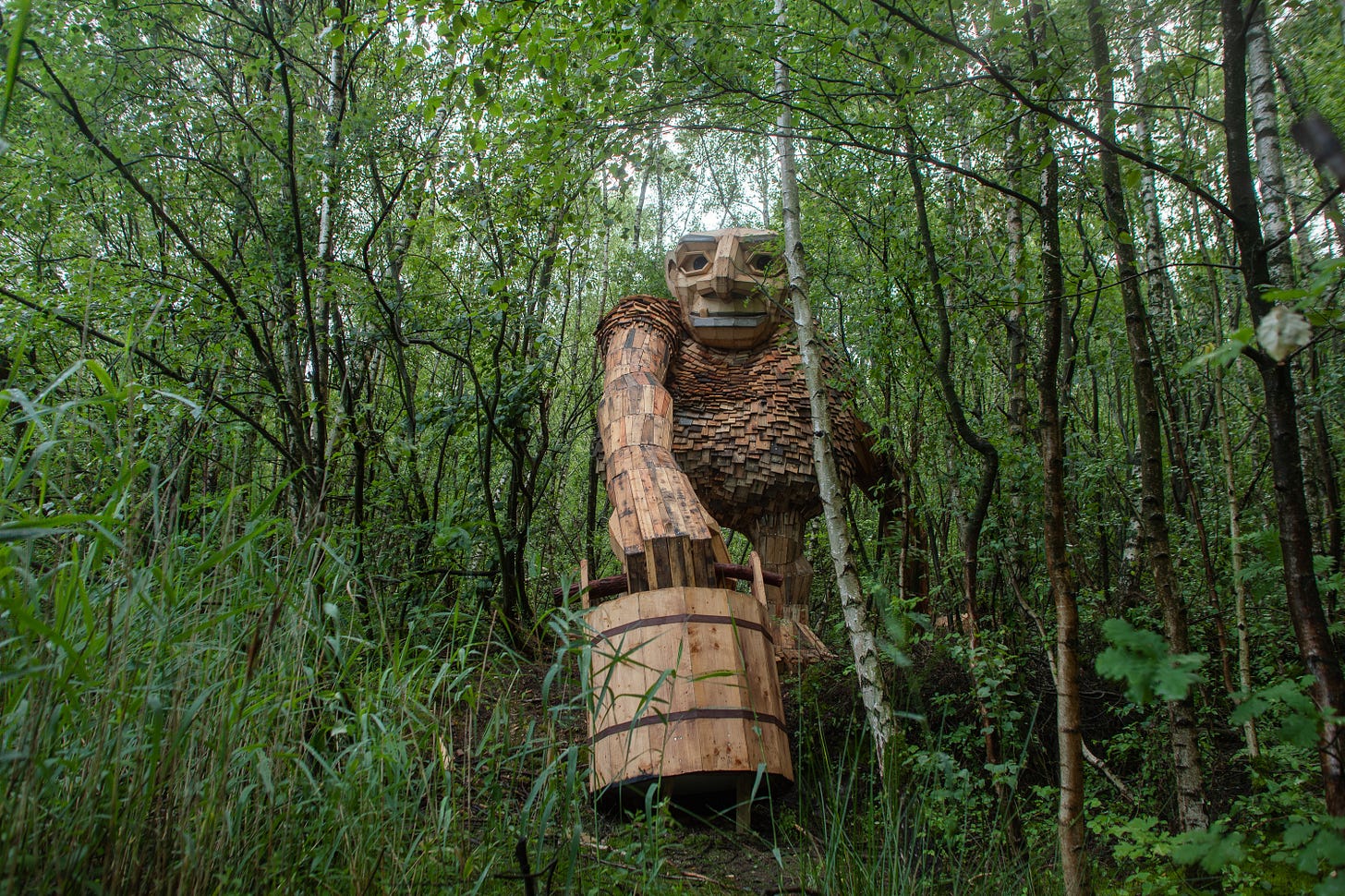One Moment at a Time
It is a mistake to look too far ahead. Only one link of the chain of destiny can be handled at a time – Winston Churchill
No one ever told me why it is important to live in the moment. I was a planner in my life, starting as far back as high school. My schoolwork, academic trajectory and eventually my research programs fit into a carefully edited calendar to ensure maximum efficiency and speed at attaining the next goal. This strategy worked well for my career. My brain was constantly thinking ahead to the next week, month, or quarter.
And, then came grief.
Grief took all these plans and knocked them down. Like a giant troll running out of a dense forest and swinging a large club, my plans and dreams for the future fell like dominoes, one after the other. Thinking of the future was no longer a fun endeavor. For me, there were too many frightening unknowns. It became healthier to connect to the present, the micro-joys around me, and learn to appreciate the happy moments.
On the other hand, the present is very real. In the present, I see beauty all around me in the trees, the birds, the flowers, the seasons, and the natural world. The scent in the air on a fresh spring day brings me joy. The present is the peace that we can control, see, touch, smell, feel and breathe. Being in touch with the natural world is a way to stay grounded.
When my mind would start to wander back to grief, anxiety, and pain, I would patiently bring it back to the world around me. How does the forest smell? Which birds are singing now? Inhaling and exhaling. I focused on feeling the rhythm of my breath and my body, a strategy often taught in practices of mindful meditation. This is what I can control – my body and my breath.
Grief can take us to both the past and the present. Neither place is good for one’s mental health as we are disconnected from the realities of our present and the negatives can become magnified in our head. It took conscious effort for me to shift into the present as a natural state of being.
Each moment that we have is a gift. The people in our life are a gift. We can practice gratitude for our life and smell, breathe, and enjoy the present. We can practice gratitude for the way that our body carries us through today, the people in our life, and all the things that bring us good mental health – today.
The past and the future are something else entirely. They consist of events that we can’t change and the hundreds of unknowns that may or may not be coming for us. My mind used to go to the past and the future all the time; each time, these thoughts brought me more pain and suffering. But thoughts aren’t reality. They are just thoughts. Living in the present can be a choice and one that takes practice. If it brings you better mental health, it is a daily practice worth the effort. Here are some principles for living in the present moment, some of which you may recognize from a mindfulness practice.
1. Let go of painful thoughts of the future or the past. You cannot change the past and the future remains unknown. The present is where you are most powerful.
2. Accept your loss. Reacting to your loss with denial and frustration drains your energy but is also a normal stage of grief. By accepting the loss, you will have more energy to tackle the many challenges that lay ahead.
3. Meditate. Meditation can be as simple as focusing on your breath for a few minutes each day. YouTube has many short, guided breathing meditations.
4. Exercise. Working off extra energy can help to reduce anxiety and allow the mind to stay in the present.
5. Notice the world around you. Be mindful of the present moment, the smells in nature, how your body feels, and micro-joys when they happen.
Staying in the present will also help with gaining perspective on your loss, feeling gratitude for the world around you, honoring your love, and taking action that is meaningful to your loss. Instead of thinking about taking one day at a time, try taking one moment at a time.




I don't always take the time to read your posts, but whenever I do I always leave feeling better. Your Grief Journey is very powerful.